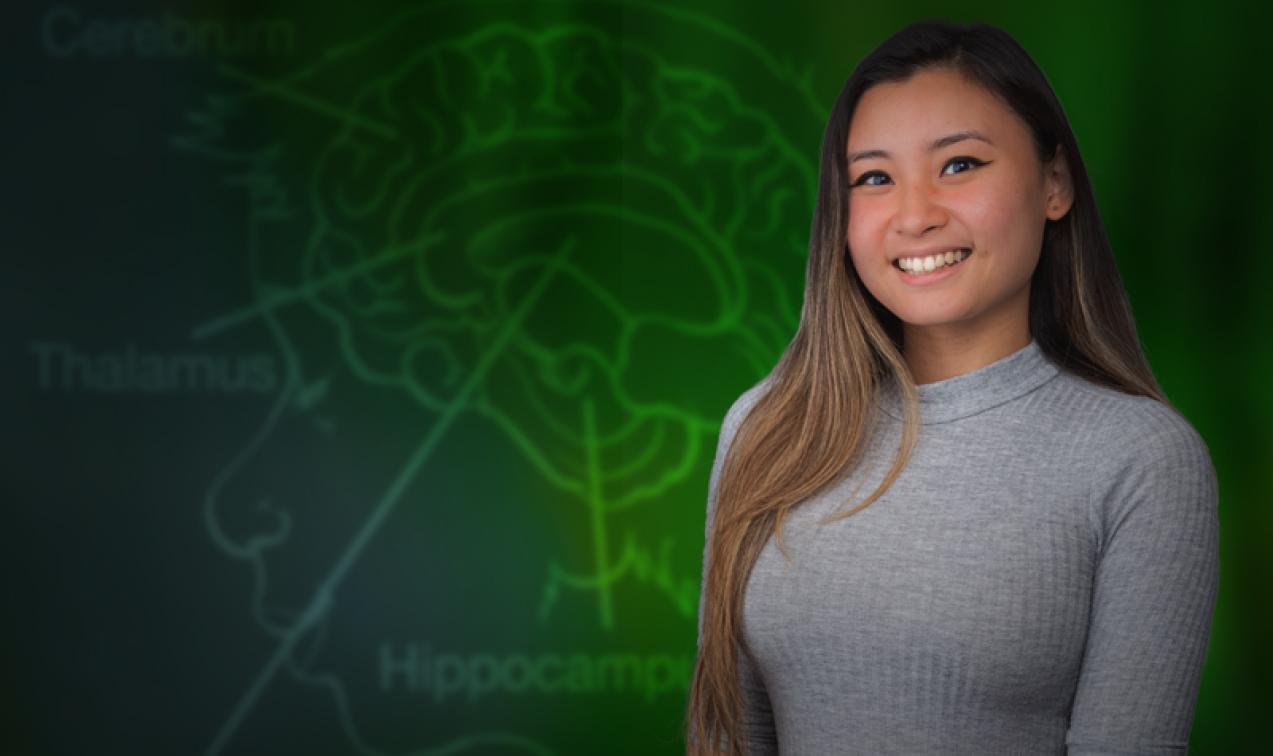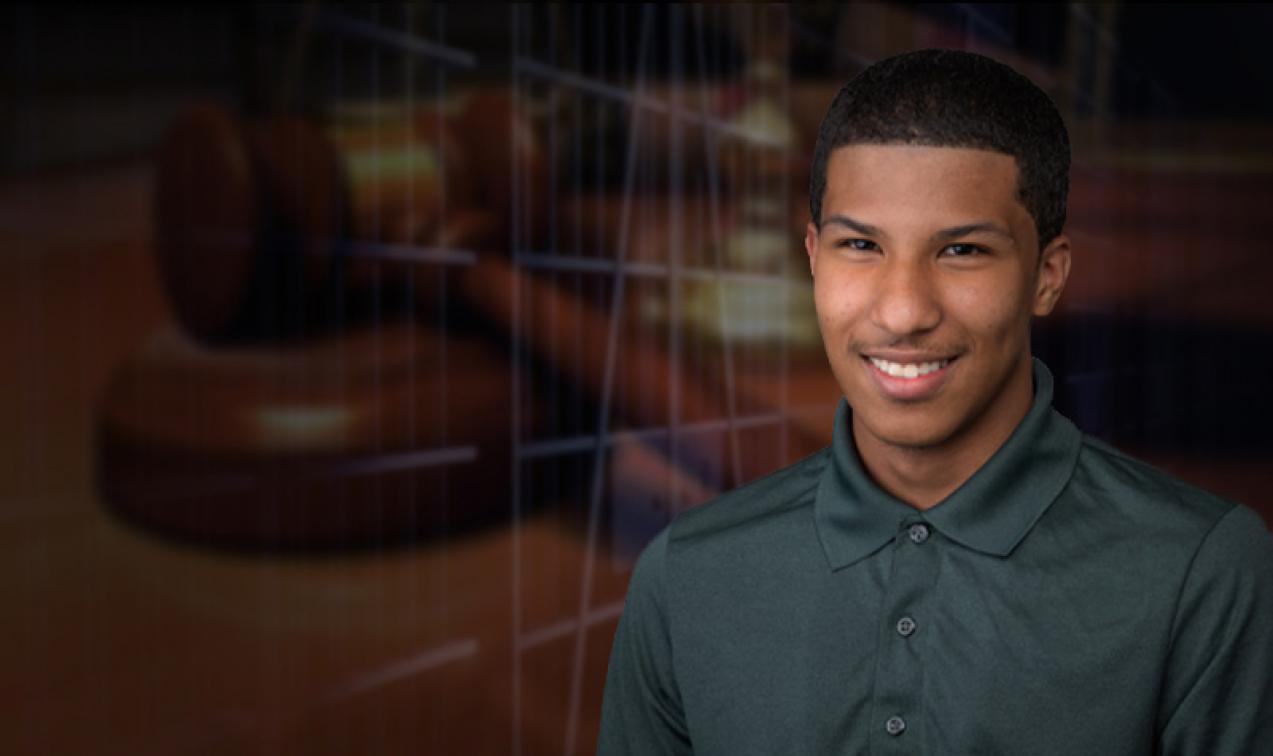## Level Up Your Learning: NJCU’s EdTech Department Celebrates a Decade of Bright Minds
Gamestanza knows the power of education. It’s the key to unlocking new worlds, mastering complex skills, and ultimately, becoming a better player in life. Today, we’re celebrating a victory not on the virtual battlefield, but in the real world, as New Jersey City University’s Educational Technology Department celebrates its 10th cohort of doctoral graduates!

This isn’t just another graduation ceremony; it’s a milestone marking a decade of nurturing innovative thinkers who are shaping the future of learning. And among these accomplished graduates is a member of the New Jersey Air National Guard, proving that dedication and knowledge know no bounds.

Notable Achievements: Spotlight on Melissa Welz and Randy Narvaez-Ruiz
The most recent cohort of NJCU EdTech doctoral graduates boasts several remarkable achievements. Among them are Melissa Welz and Randy Narvaez-Ruiz, whose dedication and perseverance exemplify the spirit of innovation and service within the program.
Melissa Welz achieved a personal milestone as the first sibling to graduate from NJCU’s EdTech doctoral program. Her sister, Krista Welz, graduated in 2019 as part of Cohort 4, highlighting the program’s ability to foster intergenerational learning and shared accomplishment within families.
Randy Narvaez-Ruiz’s story is one of remarkable commitment. He successfully completed his doctoral studies while simultaneously serving his country as a member of the New Jersey Air National Guard. While deployed overseas, he demonstrated unwavering dedication to both his academic pursuits and his military service, proving that excellence can be achieved even under challenging circumstances.
Dissertation Highlights: Exploring the Future of Education
The graduating cohort’s dissertations showcased a diverse range of research interests, reflecting the program’s commitment to fostering innovation across various educational landscapes.
- Nadia Abdallah’s dissertation, “Empowering Arab Youth: The Role of a Digital Learning Platform on Youth in Palestine, Lebanon, and Yemen,” explored the potential of technology to empower young people in the Arab world. Her research sheds light on the transformative impact of digital learning platforms in fostering education and engagement among youth in challenging environments.
- Danielle Degraw’s dissertation, “Podcasting as a School Communication Tool: A Case Study,” investigated the effectiveness of podcasting as a communication tool in educational settings. Her work highlights the potential of this emerging medium to enhance communication between schools and stakeholders, fostering transparency and engagement.
- Patrick Fernandez’s dissertation, “TikTok-Based Learning and Communities of Practice,” delved into the use of TikTok for educational purposes. He examined the potential of this popular social media platform to create engaging learning experiences and foster communities of practice among students.
- Janet E. George’s dissertation, “Exploring Urban Middle and High School Math Teachers’ Experiences with Adaptive Learning Systems as Educational Tools,” focused on the implementation and effectiveness of adaptive learning systems in mathematics education. Her research provides valuable insights into the challenges and opportunities associated with integrating these technologies into urban school settings.
- Tiffany T. Grant-Simmons’s dissertation, “A Qualitative Study Exploring Technology Integration in Early Childhood Classrooms,” investigated the experiences of early childhood educators in integrating technology into their classrooms. Her work highlights the importance of thoughtfully designed technology integration strategies that support young learners’ development.
- Jeffrey P. Kontio Jr.’s dissertation, “Shifting to a Culture of Digital Accessibility in Higher Education: A Proactive Framework for Instructional Design,” addressed the critical issue of digital accessibility in higher education. He proposed a proactive framework for instructional design that promotes inclusivity and ensures equal access to learning opportunities for all students.
- Design and implement innovative technology-enhanced learning experiences.
- Lead the integration of emerging technologies into curriculum and instruction.
- Promote digital citizenship and responsible technology use among students and educators.
- Advocate for equitable access to technology and digital learning opportunities.
- Conduct research and evaluate the effectiveness of educational technologies.
- Gamers can bring their passion for gaming to the classroom, applying their problem-solving skills, creativity, and digital literacy to educational contexts.
- Educators can leverage the power of games to engage students, foster collaboration, and make learning more enjoyable and effective.
Building a Future-Ready Workforce: The Importance of EdTech Expertise
In today’s rapidly evolving technological landscape, the need for educators equipped with strong EdTech expertise has never been greater. NJCU’s EdTech doctoral program plays a crucial role in preparing future leaders who can navigate the complexities of integrating technology into education effectively and meaningfully.
Graduates of the program are well-positioned to make a significant impact in a variety of educational settings, including K-12 schools, higher education institutions, and corporate training departments.
They possess the knowledge and skills necessary to:
By fostering a pipeline of skilled EdTech professionals, NJCU is helping to ensure that students have access to the high-quality education they need to thrive in the 21st century.
Gamestanza’s Take: Bridging the Gap Between Education and Technology
The Power of Gamification in Education
Gamestanza has long been a proponent of the use of game-based learning in education. We believe that the principles of game design, such as challenge, rewards, and feedback, can be effectively applied to create engaging and effective learning experiences for students of all ages.
The rising popularity of mobile games, virtual reality, and augmented reality technologies presents exciting opportunities to further integrate game-based learning into the educational landscape.
NJCU’s Role in Shaping the Future of Learning
NJCU’s EdTech doctoral program is at the forefront of this revolution, preparing educators to leverage the power of technology to create innovative and impactful learning experiences.
Through its commitment to research, innovation, and collaboration, NJCU is shaping the future of education and empowering educators to be leaders in the digital age.
Implications for Gamers and Educators Alike
The convergence of gaming and education has profound implications for both gamers and educators.
As technology continues to evolve, the lines between gaming and education will continue to blur, creating exciting new opportunities for learning and growth. NJCU’s EdTech program is playing a vital role in bridging this gap, preparing future generations of educators to navigate the exciting world of digital learning.
Conclusion
As we celebrate this milestone with NJCU’s Educational Technology Department, one thing becomes clear: the pursuit of knowledge and innovation in education knows no bounds. From seasoned educators to those balancing demanding careers and military service, these graduates embody the spirit of lifelong learning and are poised to make a real impact on the future of teaching and learning. Their accomplishments not only highlight the department’s commitment to excellence but also serve as an inspiration to aspiring educators everywhere. This graduation ceremony signifies more than just the completion of a degree program. It marks the beginning of a new chapter for these individuals and for the educational landscape as a whole. Their expertise will be instrumental in shaping the way we approach technology integration in classrooms, fostering a more inclusive and engaging learning environment for all students. As technology continues to evolve at an unprecedented pace, the dedication and ingenuity of these graduates will be crucial in ensuring that education remains relevant, accessible, and transformative for generations to come. The future of learning is in their hands, and the possibilities are truly limitless.
